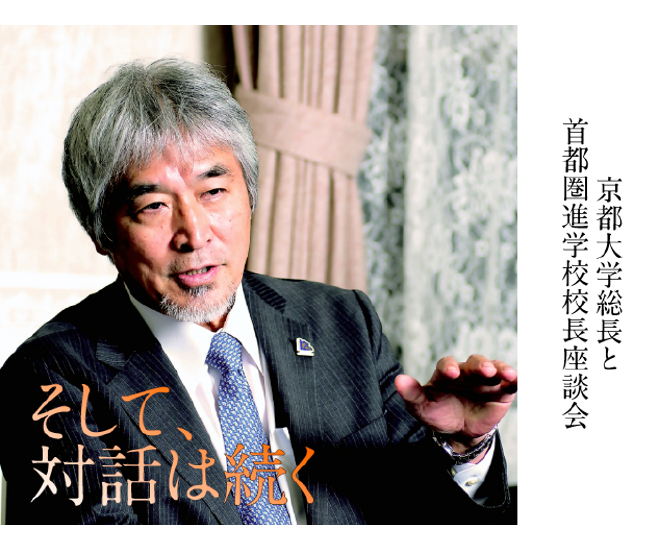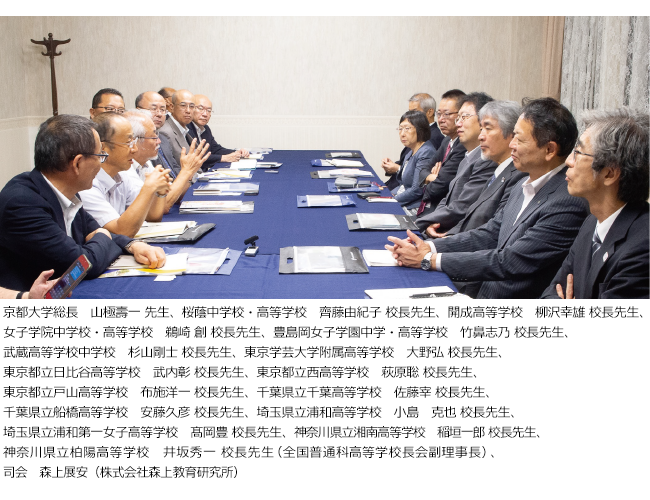

From Kyoto University
Nobel Prize Award Ceremony and Swedish Students
Yamagiwa: After this meeting last year, it was announced that Professor Tasuku Honjo won the Nobel Prize, but I experienced so many reporters for the first time.
After that, I was accompanied to the award ceremony in Sweden, but the most memorable thing was the presence of the students there.On the first floor of the double-decker concert hall, which is the venue, about 1 participants make seats at right angles so as to surround the central king, but it is the students who guide the king, relatives, and winners from the second floor. , One male and one female take the lead and hold the flag. On the second floor, students from each university line up with their own school flags, and at banquets, they host various entertainments between meals.It is also the students who guide the representatives of each award to give a speech, such as Professor Honjo, and when the speech is over, the students on the second floor respond by waving the flags of each university all at once.It seems that it is a tradition for students to celebrate the winners with the king, which is unthinkable at the award ceremony held in Japan with similar arrangements.
In Sweden, the consumption tax is as high as 25%, but in addition to free medical expenses up to the age of 18, tuition is free from primary education to higher education.In Japan, even at national universities, the annual tuition fee is over 53 yen.In addition, students who depend mostly on their parents for their living expenses cannot easily leave their parents.A tuition fee is required even at graduate school.In Europe and the United States, you can get a salary instead of free tuition.Also, at the German presidents' meeting that I attended last week, it was emphasized that although the university entrance rate is as high as 70%, the Meister system is well-developed and leaving the university is not the only condition for success in society. Was there.
At present, the reform of high school connection focuses only on the problem of university entrance examinations, but what we really have to think about is how to connect high school and university education so that young people can advance into society as they wish. I think it will be possible to achieve this and increase satisfaction with education.Swedish students are not without their own problems, but at least I feel that they are highly aware that the country is supporting their academic life.In Japan, a large amount of tax, for example, at Kyoto University, which is a national university, costs more than 200 million yen per student, which is about five times the tuition fee, but students are hardly aware of this.Of course, I think that such a mechanism must be recognized more properly in society.

